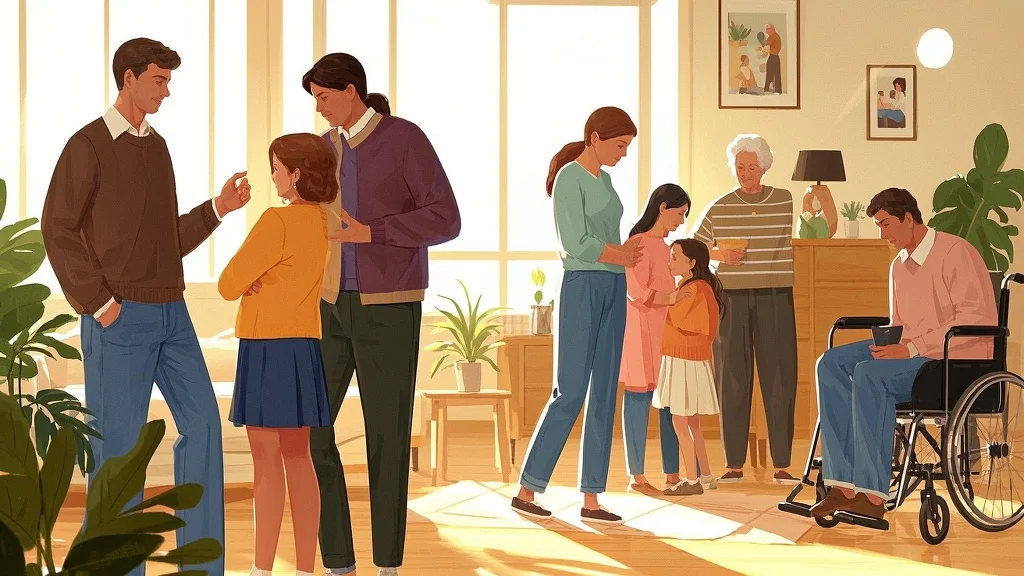The recent ruling in the Ethan Crumbly case marked a major legal milestone. Ethan’s mother, Jennifer Crumbly, became the first parent held criminally accountable for a mass shooting committed by her child. Many believe this precedent was long overdue. The neglect shown by both Crumbly parents — in failing to safeguard their son’s well-being and providing him with access to firearms — tragically led to the loss and injury of innocent lives.
This case sends a powerful message: Parents must take an active role in protecting their children’s mental health.
The Importance of Parental Vigilance
Gone are the days when children’s mental health challenges could be ignored. Today, it is imperative for parents to remain vigilant, emotionally attuned, and responsive to their children’s needs.
The quality of a child’s mental health is deeply connected to the quality of their relationship with their parents. The Crumbly case offers a stark example of what can happen when that relationship is marked by neglect and denial. Ethan’s struggles were worsened by his parents’ unwillingness to provide emotional support or secure their firearms — failures that contributed to a devastating outcome.
The Parent’s Role in Shaping Mental Well-Being
In my work as a psychoanalyst supporting families, I frequently encounter parents who believe their child’s problems are entirely self-contained. They overlook the ways their own behaviors, parenting styles, and mental health impact their child’s emotional stability.
In today’s landscape, many families turn to medications for issues like depression, anxiety, or ADHD — which can sometimes deflect attention from underlying relational or parenting dynamics that also need to be addressed. I strongly believe that any treatment plan for a child should involve working with the parents as well.
Consider this: According to the CDC, 1 in 14 children lives with a caregiver struggling with poor mental health. Supporting these parents is vital to improving outcomes for their children.
Supporting, Not Harming
It is a parent’s responsibility to care for their children by:
- Understanding them
- Being mentally present
- Helping them process emotions during challenging times
While no parent can shield a child from every painful experience, they must avoid becoming the source of their child’s pain. Instead, they should help the child develop resilience and coping strategies.
For example, if a child is being bullied at school, the emotional support of an empathic parent can make a world of difference in how that child navigates the situation. The parent’s presence and response are often more influential than the external event itself.
Lessons from the Crumbly Case
The Crumbly verdict should serve as a call to action for all parents. We must shift how we think about:
- Children’s mental health
- Parental accountability
- Access to firearms for emotionally vulnerable youth
This tragedy underscores the urgency for parents to take their child’s emotional distress seriously — and to act before a crisis occurs.
If your child exhibits troubling behaviors, take it seriously:
👉 Seek professional help
👉 Reach out to emergency services if necessary
👉 Do not delay
Final Thoughts
The Crumbly case is a painful but powerful reminder: Parents have an essential role in their children’s emotional health — and their responsibility is non-negotiable.
Let this landmark ruling inspire all parents to reflect deeply on how they support their children, especially in times of emotional struggle. By staying present, connected, and accountable, we can help prevent future tragedies and foster a safer, healthier world for all children.








